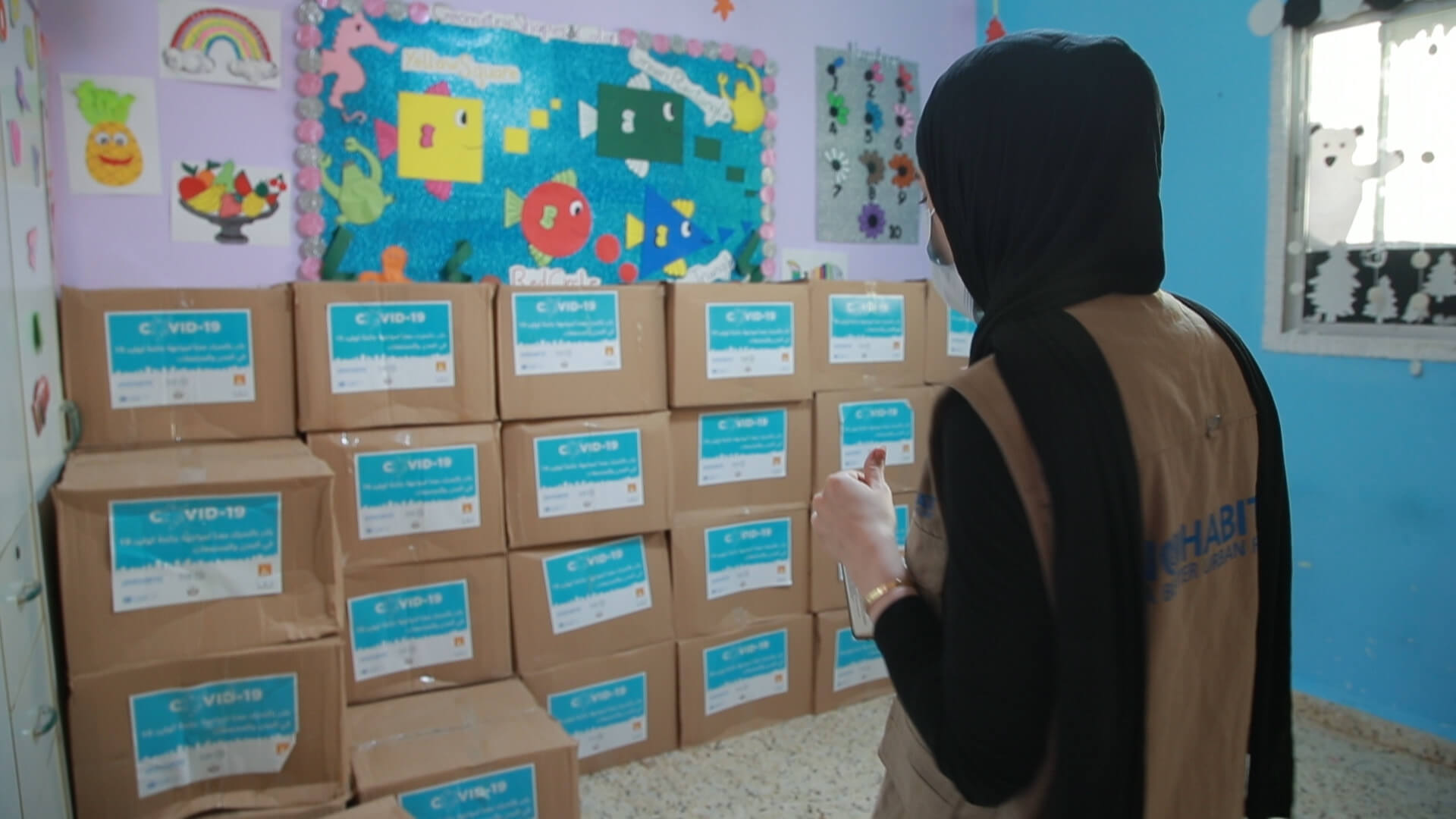The project aims to target the rising COVID-19 challenges among host and refugee communities
residing in dense urban areas in Greater Beirut, by providing them with life-saving protection gear to
adopt adequate hygiene and sanitation practices against the virus.
Related Sustainable Development Goals
Related Sustainable Development Goals
Donors and partners
- Popular Aid for Relief and
Development (PARD) - United Nations Central
Emergency Response Fund (UN
CERF)
